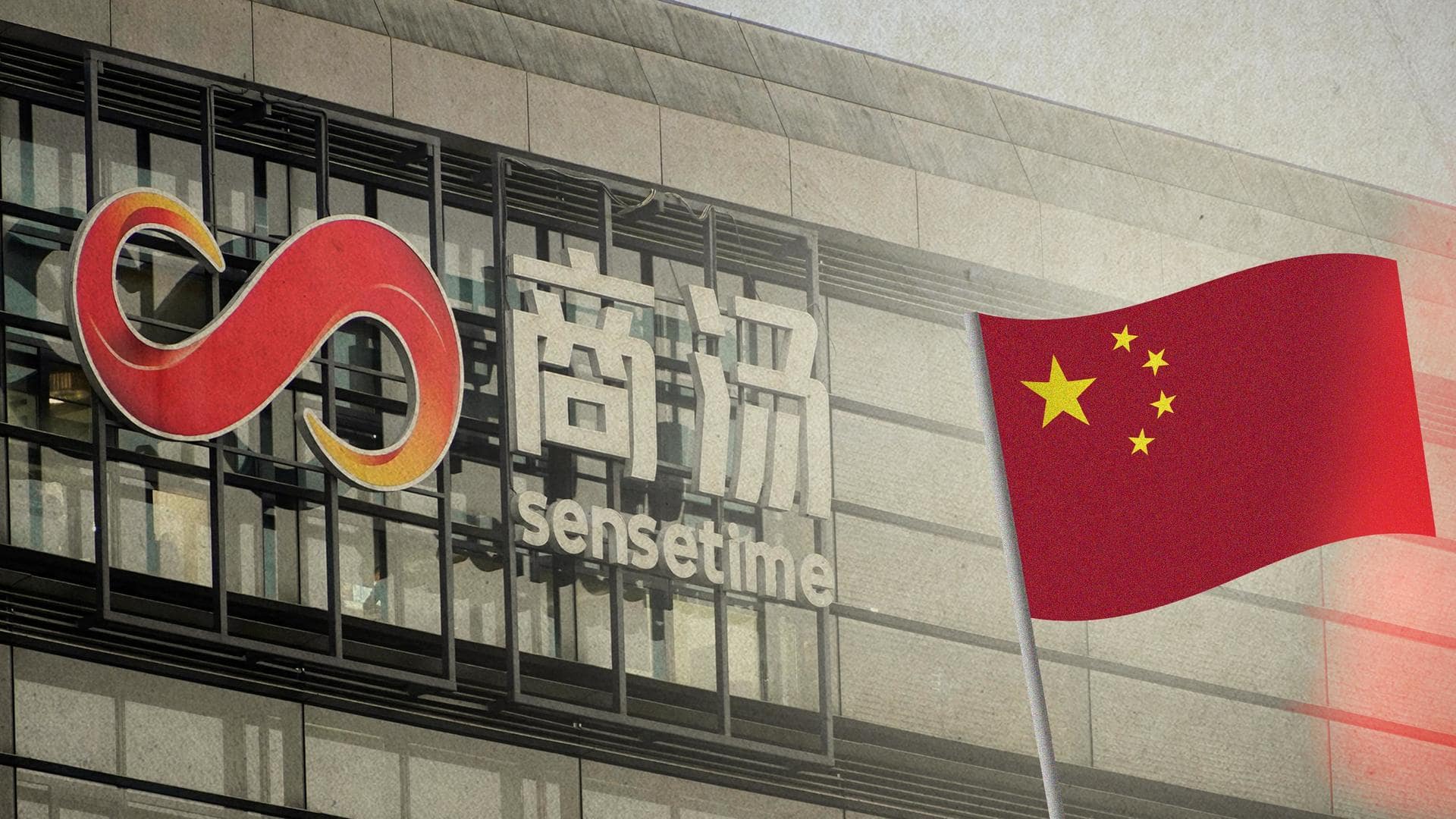
Can SenseChat be China's answer to ChatGPT
What's the story
Last year, ChatGPT burst onto the scene. ChatGPT and OpenAI's rise to the forefront of the AI race left many wondering why China did not beat the US in making such a chatbot. Now, SenseTime Group—a Chinese AI firm—has unveiled SenseChat, the latest challenger to ChatGPT. Let's take a look at how it fares against OpenAI's star AI chatbot.
Context
Why does this story matter?
China aspires to become an AI superpower. In 2017, the State Council, the country's chief administrative authority, declared AI a national priority. However, the dragon is now playing catch up to the US and ChatGPT in the AI race. Several companies are trying to build a Chinese ChatGPT-alternative. China would be hoping that SenseChat could challenge ChatGPT.
SenseChat
SenseChat can write code and answer in English and Chinese
In an event, SenseTime CEO Xu Li showcased the company's large AI model SenseNova and its chatbot SenseChat. SenseChat, like ChatGPT, is trained on a large amount of data. The chatbot is capable of telling a story with multiple rounds of questions and answers. It can also write code, double-check or revise code, and answer questions in English and Chinese.
SenseTime
SenseTime was co-founded by an MIT alumnus
SenseTime is a Shanghai-based company backed by Alibaba Group Holding Ltd. The company was co-founded by Tang Xiao'ou, a Massachusetts Institute of Technology alumnus. At the time of its IPO, the company claimed it was the largest AI software firm in Asia. There has been a lot of anticipation around the company since it announced its AI event in March.
Issues
Semiconductor shortage could hamper China's AI development
China's AI aspirations were dealt a blow when the US introduced a series of sanctions to cripple China's semiconductor industry. The US seeks to maintain its superiority in areas like AI, quantum technology, and nanotechnology, among others. A semiconductor shortage could impact China's aim to develop large-scale AI models, which require high-end chips and technology.
Others
Several Chinese companies are working on AI development
SenseTime is not the only Chinese company working on AI models and chatbots. Baidu, the Chinese search engine giant, introduced the Ernie bot last month. The bot was launched to a mixed reception. Like Microsoft's integration of GPT-4 to Bing, Baidu plans to integrate Ernie into its search engine. Alibaba and Tencent are also working on AI models.